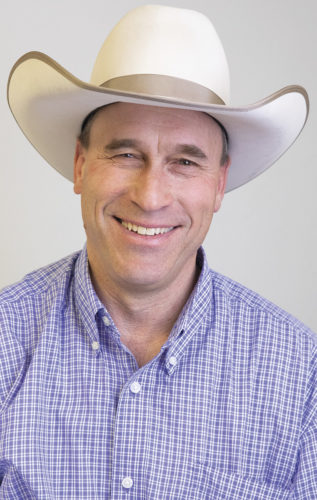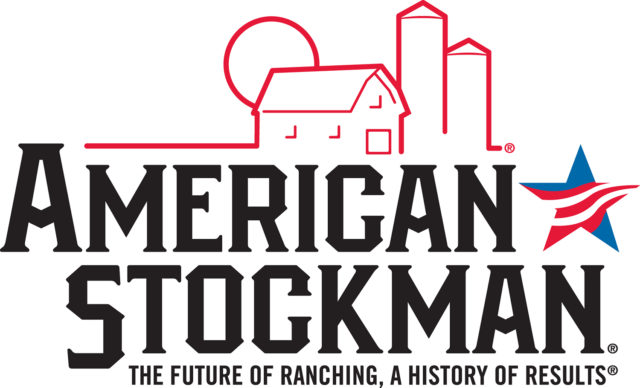A year or two ago, I watched a documentary about a group of Yankees and Brits who’d participated in a humanitarian mission in North Korea. Their stated purpose was a medical mission. They spent a few weeks in North Korea treating people whose eyesight was afflicted by cataracts. Their secret mission was to covertly film what they experienced in the world’s oddest “democratic republic.” Such action was, of course, forbidden by the ever-so-wise and tolerant government of North Korea, so there was an inherent and explicit danger in what these evil and altruistic capitalists were doing.
The group visited several towns and cities and treated people who were, through some unknown process, selected by government officials to undergo treatment. Several days after the initial treatments, the team returned to each group of people they’d treated to remove eye patches and bandages and monitor the progress of their patients. Though not surprised, I was nevertheless astounded by the reactions of those who were the recipients of such goodwill.
To a person, each patient, upon the realization that their sight had been restored, heaped praise upon the great and benevolent leader Kim for his wisdom and protection against the evil American empire. What? What could they possibly understand about America? And why would they choose to curse a land and people, about which they had very little understanding, at a time when you’d think their focus would be more on gratitude than condemnation?
I, of course, knew the answers to my rhetorical questions. For 70 years, the people of that nation have had little choice in what they can believe. The indoctrination has been forced and complete. They believe what they are taught and what they know. The truth has been completely hidden from them. The actual truth is not their truth.
It seems I’m too often reminded of the distress I felt upon witnessing the sad ignorance of those hapless North Koreans when I see the constant and insane barrage of idiocy hurled at American production agriculture by people who I’d think should know better. It’s troubling, but not impossible to understand. As I was discussing such vexing issues with a friend, he brought to light a similar, if more trivial, example right within our ranks.
This friend is sharp and insightful. He has as much savvy as anyone I know when it comes to understanding and evaluating cattle and production systems. He recalled a conversation he’d had with an instructor at a livestock judging clinic. He couldn’t understand why a certain type of inefficient cattle seemed to be the preference of so many judges at steer shows across the country. The instructor’s explanation was enlightening.
He explained how many of today’s judges are from perhaps the third generation raised on small farms whose main focus has been raising show cattle. Their perception of what cattle should be has been formed by what they know and by what has surrounded them. And while it’s certainly a good thing, in my estimation, when people are immersed in agriculture and the lifestyle it affords, it’s apparent how we may inadvertently confine ourselves to our own personal North Koreas.
If people within the industry can find themselves at best sheltered and at worst oblivious or indifferent to ideas different from their own, how much more difficult, then, is our challenge to educate a consuming public light years removed from the realities of food production? If they don’t get it in Bozeman, how will they ever understand in Boston? It seems like a tall order, indeed.
This is where I should have some neat and concise answers to my stated query. The best answer, I’m afraid, eludes me. That’s not to say, however, that I’ll quit trying. Life is often a conundrum, but it still has to be lived. I’ll try to have an open mind with a focused goal. I’ll try to stay the course while I take in the scenery. I’ll soldier on, but I’ll still occasionally smell the flowers. And I’ll hope all the idiots of the world will come to their senses and see it my way.







